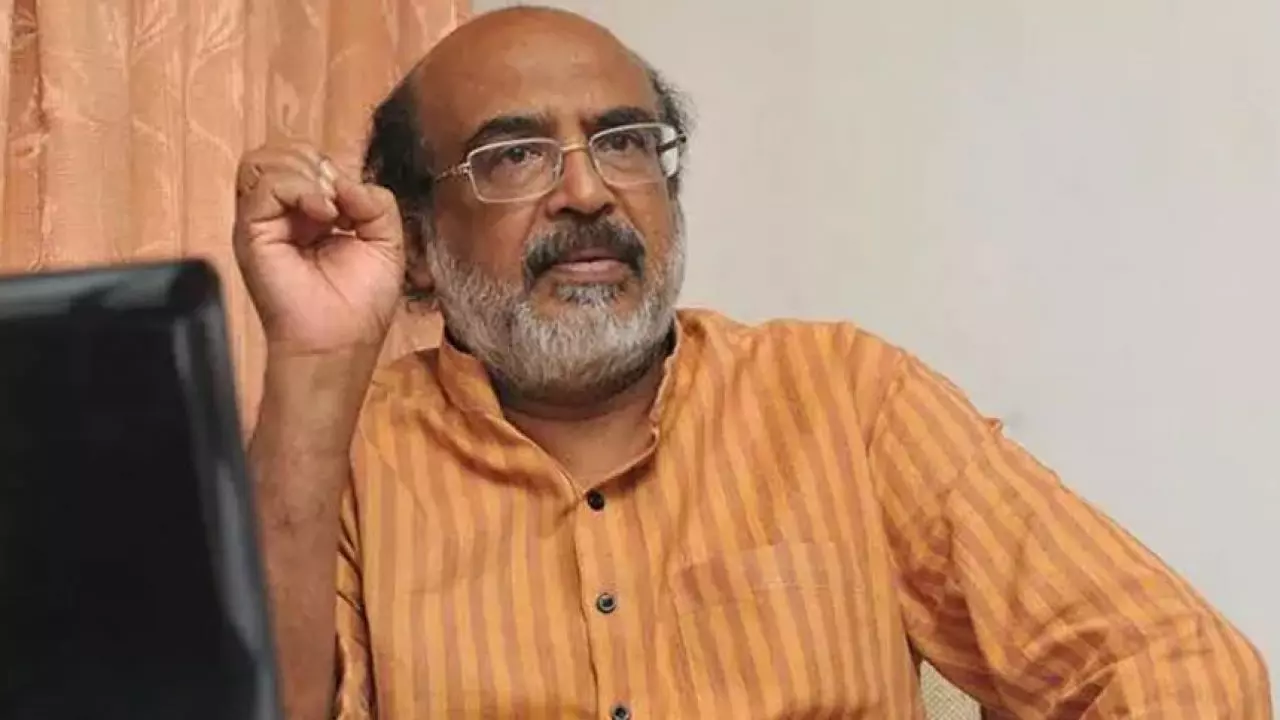
Centre’s equality claim ‘biggest fake news in recent times’: Kerala ex-FM Isaac
Centre arrived at “fourth most equal” claim by comparing India’s consumption-based inequality score with others' income-based inequality scores, Isaac explains

Former Kerala Finance Minister TM Thomas Isaac has, in a social media post, accused the Union government of spreading “the biggest fake news in recent times” by claiming that India is the fourth most equal country in the world, based on a World Bank report.
In a Facebook post, Isaac said the central government’s Press Information Bureau (PIB) has grossly misrepresented the data and misled the public through selective and distorted comparisons.
What World Bank reported
According to Isaac, the World Bank report in question does not make any global ranking of inequality. It merely reports that India’s Gini index based on consumption was 25.5 in 2022–23.
The Gini index is a standard measure of inequality, where lower values indicate more equality. However, the report does not rank India in any order; nor does it compare consumption-based inequality data across countries.
Also read: Why World Bank's claim of declining inequality in India seems ludicrous
A wrong comparison
Isaac explained that the central government arrived at its “fourth most equal” claim by wrongly comparing India’s consumption-based inequality score with income-based inequality scores of other countries.
For example, China’s income Gini is 35.7—higher than India’s consumption Gini—but the two metrics are fundamentally different and not directly comparable.
Consumption surveys, he noted, tend to underreport the spending patterns of the rich, who often save or invest a substantial portion of their income. Meanwhile, the poor spend almost all their income on consumption. As a result, inequality measured through consumption appears significantly lower than inequality measured through income.
A trick to project equality
“This is the trick the Indian government used,” Isaac wrote, “to project India as one of the most equal countries in the world”.
He further raised concerns about the credibility of the very data used for this narrative. Isaac pointed out that the 2017–18 Consumer Expenditure Survey (CES), conducted by the National Sample Survey Office, was never released officially, allegedly because it showed a disturbing fall in consumption under the Narendra Modi government. That decline, many believe, reflected the economic fallout of demonetisation.
In contrast, the latest CES (2020–23), conducted with changes to long-standing survey methodologies, showed a surprising increase in consumption during the pandemic. Isaac called this data suspicious and argued that it formed the shaky foundation on which the government is now claiming a drastic fall in inequality under its rule.
Also read: 'Fraudulent': Congress slams Centre's data on inequality
What data actually says
To counter the government’s claims, Isaac cited data from global sources:
- The World Inequality Database gives India an income Gini score of 61 in 2023 (up from 52 in 2004), placing it at 176th among 216 countries.
- India’s wealth inequality score is 75, putting it among the top 10 most unequal nations globally.
- In the Gender Inequality Index, India ranks 113th, and in the Human Development Index, 134th out of 193.
- The top 10 per cent of Indians control 57 per cent of national income. Without this top slice, the remaining population’s per capita income resembles that of the world’s poorest 44 countries.
Isaac concluded by referring to the title of the latest global study on India’s inequality: “Income and Wealth Inequality in India 1922–2023: The Rise of the Billionaire Raj.” He said the data clearly shows that inequality in India today has surpassed even the colonial era, and yet, the government is celebrating a fictional global ranking in equality.

